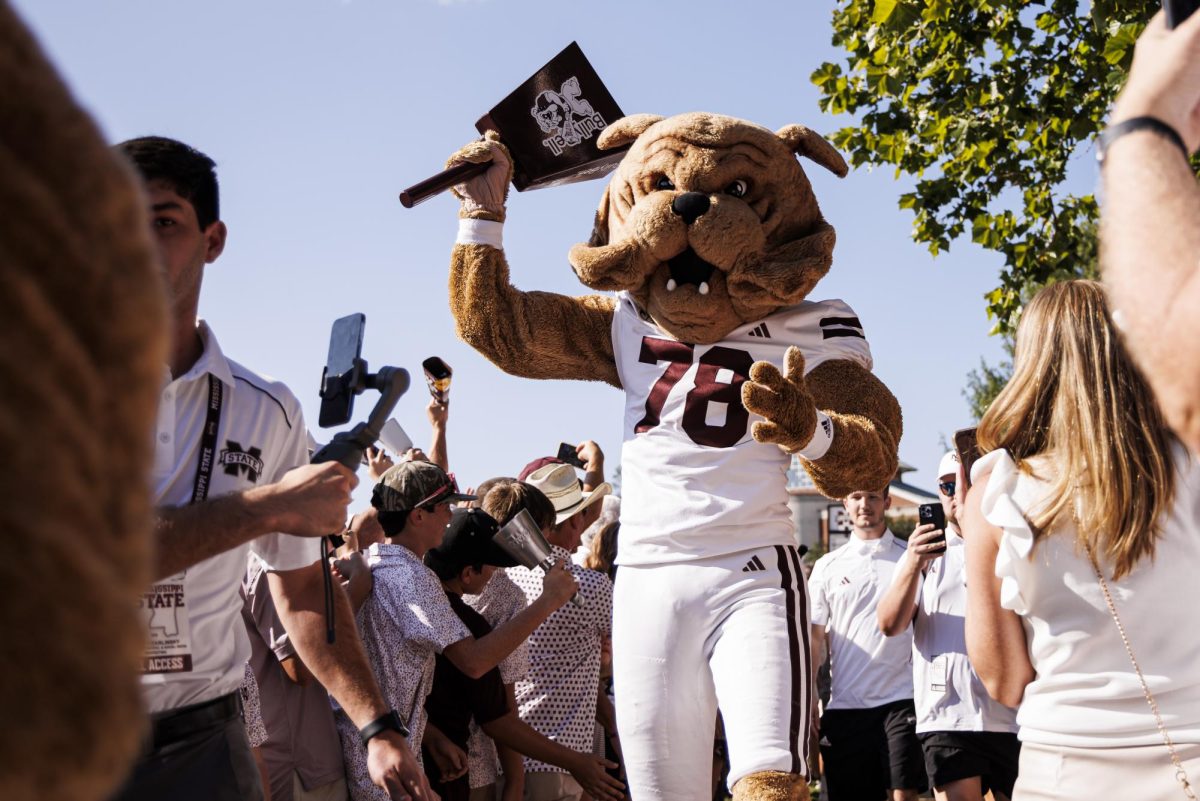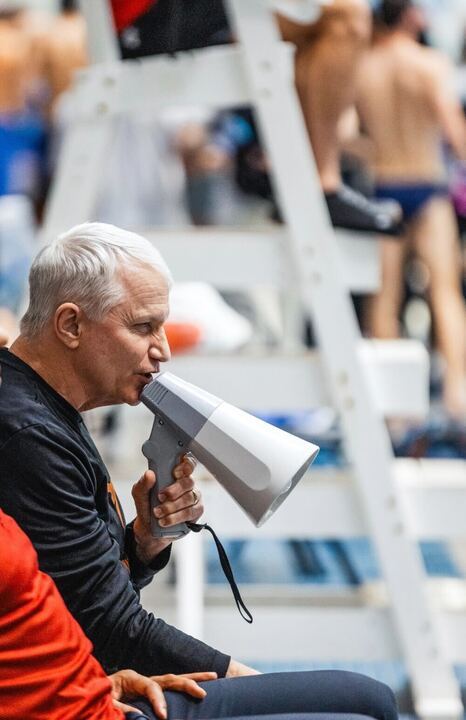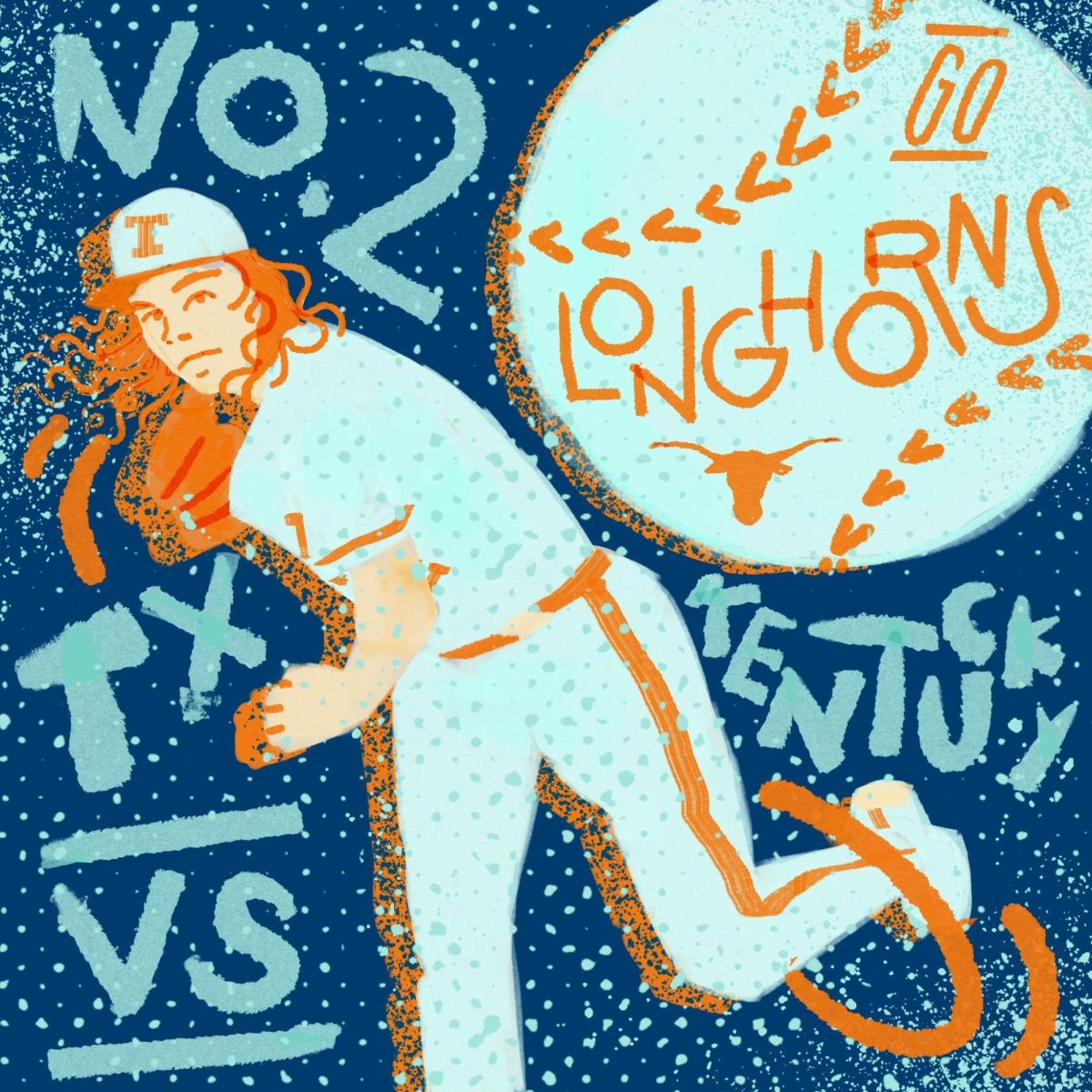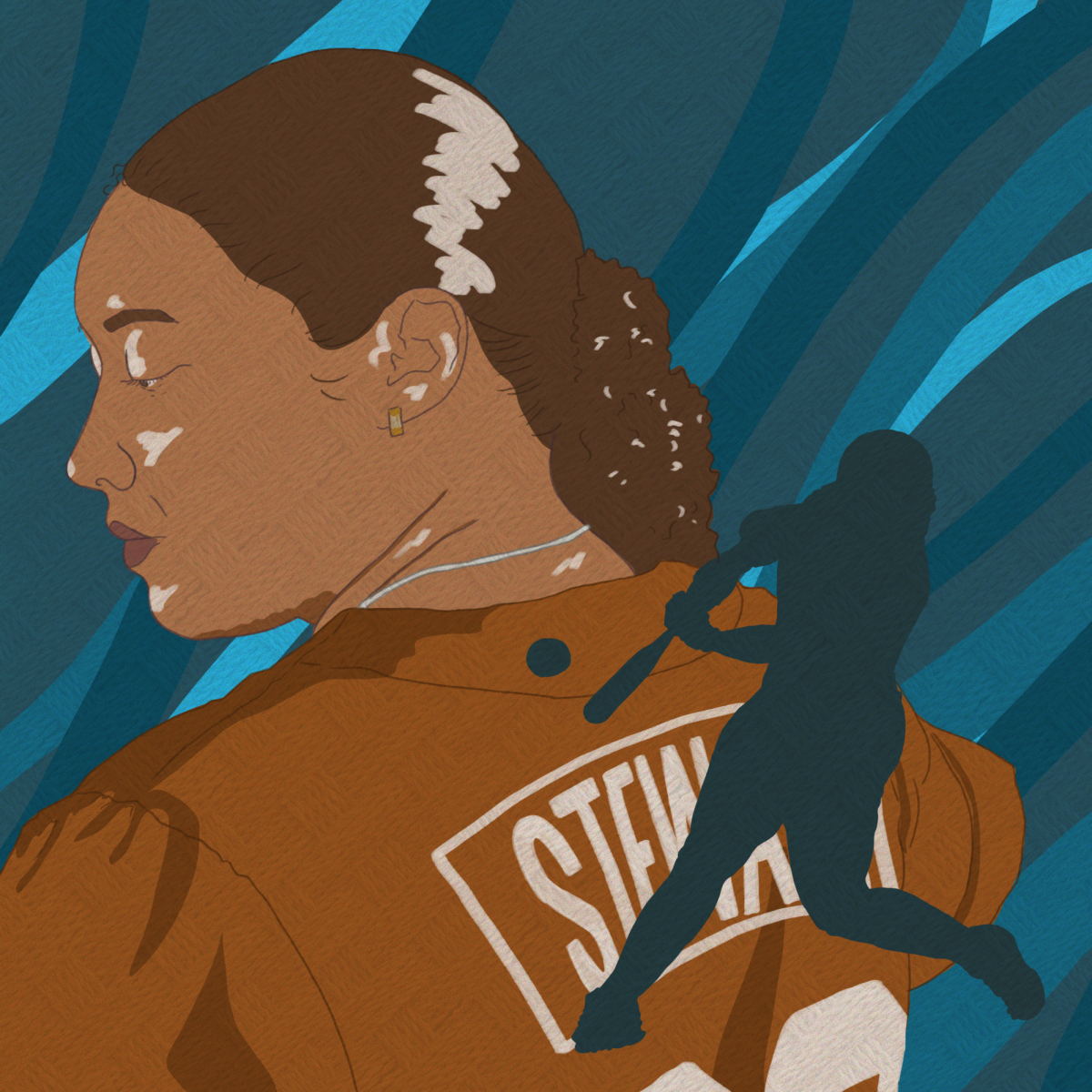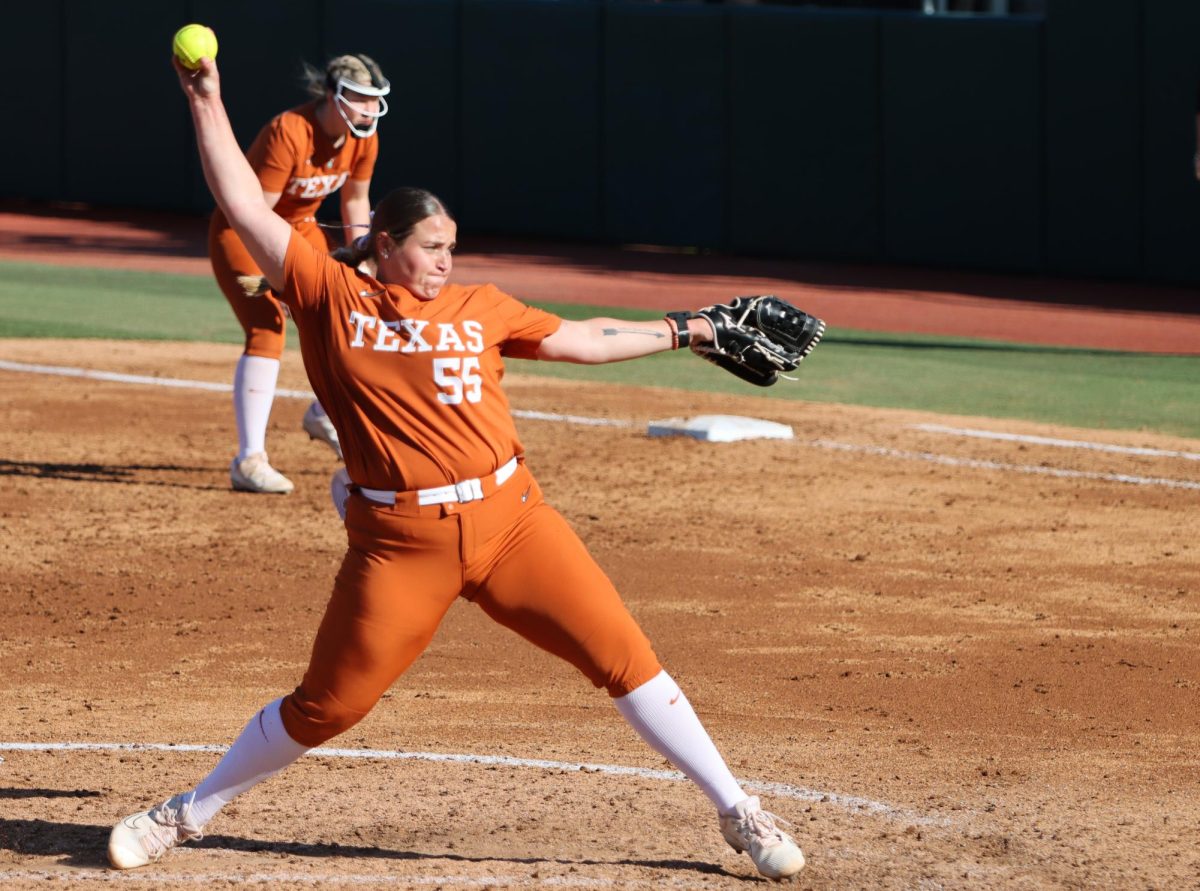The Mississippi State cowbell continues to ring in the Southeastern Conference.
The tradition started in the mid-20th century at the height of the Mississippi State football team’s golden era.
According to Mississippi State legend, during a home football game against their rival, Ole Miss, a Jersey cow wandered onto the field. The team went on to soundly beat Ole Miss and claimed the cow as its good luck charm.
The legend says students used to bring cows to the games, and now fans just bring bells. At every game, MSU fans can be heard from a distance ringing their cowbells.
“There’s going to be a lot of scoring, so bring your cowbells,” redshirt junior linebacker John Lewis said at the 2024 SEC Media Days. “There’s going to be a lot of turnovers on defense, so bring your cowbells.”
Cowbells of many different styles and materials decorate the offices and homes of Bulldog alumni. Some are custom painted or are made out of heavy chrome-plated metal and have a Bulldog figurine handle, but Mississippi State experts say the loudest sounds are made by the classic thinner and long-handled bell.
The sounds are all synchronized by the music played over the speakers.
“They have figured out what songs have specific beats that work well for people ringing the cowbells to the beat of the song,” said Anthony Craven, MSU public address announcer.
The bells themselves are passed down through generations. Even for new MSU fans who don’t have a family connection to the school, it is tradition for someone to gift them a cowbell. If the cowbell is bought by the fan, then it is considered bad luck.
The tradition was called into question in 1974, when the SEC adopted a rule against all artificial noisemakers at football and basketball games. In a 9-1 vote, the cowbells were banned at MSU games.
However, in 2010, the SEC revisited their decision after pleas from the previous athletic director Scott Stricklin and MSU President Mark Kennum.
Acknowledging that cowbells have played a huge role in Mississippi State’s history, the SEC gave the fans a one-year probationary term. In the year, the Bulldog fans were only allowed to ring the bells in pregame, timeouts, halftime and after the Bulldogs scored.
Not wanting to have the tradition taken away from them again, the Bulldogs strictly adhered to the rules and were able to keep on ringing past the probationary term. MSU is the only school out of 134 Division I schools allowed to bring artificial noisemakers to any home game.
“It really is unique and the sound it creates, not just the decibel level, but the actual way that your ear interprets it is very unique,” Craven said. “If you aren’t accustomed to it, it can be very jarring, which is probably the entire point why it is used.”

